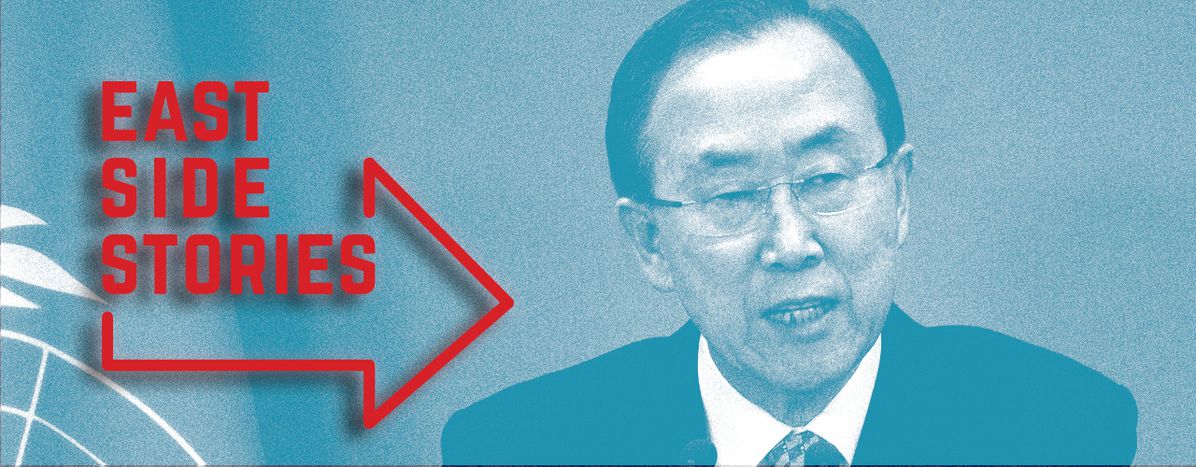
Will the "most difficult job in the world" go to a Balkans politician?
Published on
The year is still new and yet election preparations are in full swing. While yet another round of entertaining US presidential elections – or the Brexit referendum – might be stealing the spotlight for now, political changes are also due for the Balkans. The next UN Secretary-General might just hail from the south-eastern neighbourhood.
On top of the announcement of a new UN Secretary General, Bulgaria will be choosing a new President, and Montenegro will be voting in a new parliament in 2016.
In accordance with the modus operandi of the United Nations, Ban Ki-Moon’s successor should come from the Eastern European Group. This has been met by opposition and candour by some diplomats, claiming that it's high time for the Eastern European Group to take its place alongside its western counterpart instead of acting as an "appendage of Western Europe" that exists "purely to seek electoral posts".
Be that as it may, an Eastern European leadership could and should be seen as an opportunity to start afresh. Current UN Secretary-General Ban Ki-Moon steered most of his "Eastern business" towards resolving the Serbia-Kosovo dispute. Seeing his role as UN leader as a "harmoniser and bridge builder", he attempted to bridge the divide between Belgrade and Pristina. However, the conflict only played a minor role alongside his main goals of sustainable development, female empowerment, non-proliferation, the strengthening of the UN as a whole, and peacekeeping initiatives. Can we blame him? The first ever Secretary-General, Norwegian Statesman Trygve Lie famously described his position as "the most difficult job in the world", which comes as no surprise when considering the vastness of its responsibilities.
Last year, the UN celebrated the 70th anniversary of its promotion of peace and security throughout the world. 2015 marked another important date in this regard: the 20th anniversary of the Dayton Agreement, which ended the Bosnian war. Although the outcome of this accord remains controversial, it would be interesting to witness an Eastern European leader be passed the UN sceptre after such a symbolic year. Optimistically speaking, it might embody a change in the way the Balkans are viewed world-wide, and cast light on the political construction sites that remain incomplete.
---
This article is part of our East Side Stories project. Through fighting the most common clichés levelled at Southern and Eastern Europe, it aims to keep the European idea alive by raising awareness, creating dialogue, exchanging ideas and reporting beyond the mainstream media.




